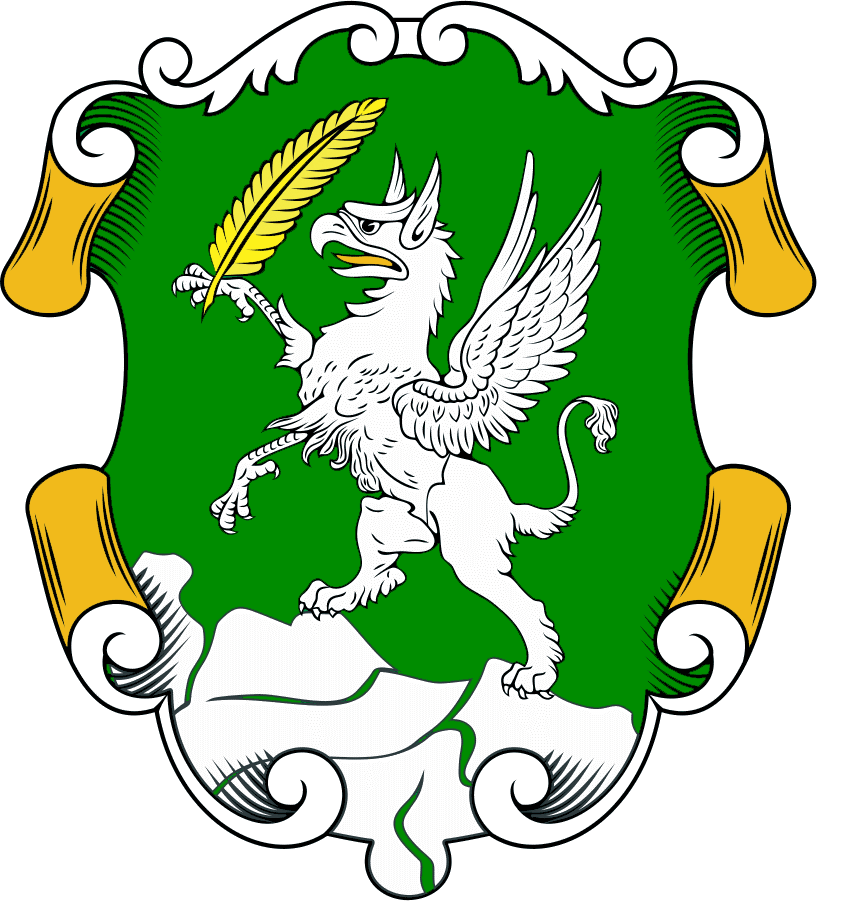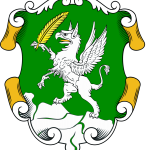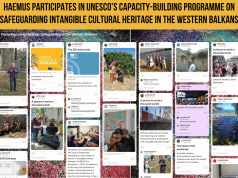
7th InASEA Conference
“Cultures of Crisis: Experiencing and Coping With Upheavals and Disasters in Southeast Europe”,
Sept. 18–21, 2014
Istanbul, Turkey
Call for Papers
Both the history of the last two centuries and the present of Southeast Europe are marked by deep transformations and upheavals. The emergence and disappearance of states, ethnic conflicts and wars, the fundamental changes of political systems and social order, deep economic crises as well as natural disasters are only the more visible ones of these upheavals. Many of these events were experienced as deep crises that forced people to adapt to often radically new situations. Experiencing and coping with uncertainties and crises can thus be considered one of the important features of the processes of modernization on the Balkan Peninsula.
 For entire societies, social groups and individuals all these upheavals and crises meant the experience of fundamental discontinuities, of historical and social ruptures that divided time into periods ‘before’ and periods ‘after’, experiences that structured peoples’ lives and historical memories. In many cases the ongoing crisis became a way of life. People react to such upheavals and crises in various ways, with subjugation or adaptation, most often, though, with employing cultural techniques and everyday strategies, with using traditions of submission, appropriation or refusal. In trying to interpret such upheavals people may take recourse to religion, to conspiracy theories or utopian ideas as well as to nostalgia, fatalism or dread of the future.
For entire societies, social groups and individuals all these upheavals and crises meant the experience of fundamental discontinuities, of historical and social ruptures that divided time into periods ‘before’ and periods ‘after’, experiences that structured peoples’ lives and historical memories. In many cases the ongoing crisis became a way of life. People react to such upheavals and crises in various ways, with subjugation or adaptation, most often, though, with employing cultural techniques and everyday strategies, with using traditions of submission, appropriation or refusal. In trying to interpret such upheavals people may take recourse to religion, to conspiracy theories or utopian ideas as well as to nostalgia, fatalism or dread of the future.
The primary goal of the conference will not be to elucidate the natural, political, military or socio-economic causes of societal, social or individual crises. The papers should rather focus, from an ethnological or anthropological perspective, on the reactions of societies, of social groups (such as families) or of individuals to such crises, on their impact on the everyday life of people, on their various strategies of managing and coping with them, on the processes of adaptation and interpretation, and on peoples’ concepts and attitudes, shortly: on the cultures of crisis in Southeast Europe.
We seek papers based on empirical ethnographic, folkloric, or anthropological research that analyse the experience, perception, and interpretation of crises in Southeast Europe at various points in history or the present. The papers should – in some way or other – relate to the following dimensions of crisis and crisis management:
Social context: societal level (supra-national, national); public social level (regional, local, city, village); level of small social groups (family and kin, neighbourhood, etc.); sphere of work and business (farms, workplaces, companies); level of the individual (personal, emotional, life crisis).
Causes of crises: nature (natural disasters such as earthquake, flood and draught, fire, bad weather, climate change, etc.); human fallibility, criminal acts; war, armed conflict; political changes, social conflicts (uprising, revolt, revolution, etc.); system transition, transformation; legislation, legal conflicts, legality vs. legitimacy; economic or financial causes (unemployment, poverty, famine, etc.); migration, expulsion, etc.
Coping with crises: experiencing and living through a crisis; crisis and social order; socio-cultural expressions of crisis; everyday life and crisis: strategies of coping: patterns, habits, ’culture of coping’; (popular) concepts, ideas, mentalities, awareness; reactions towards crises: explanations, attitudes, interpretations (conspiracy theories); remembering crises; narrating or singing about catastrophes, disasters, crises.
Please submit a proposal that contains your full name, institutional and disciplinary affiliation with a very brief academic CV, the title of your paper and an abstract of 200-250 words with specific information about research methods and sources. The organizers give preference to submissions based on fieldwork and/or the use of ethnographic, folkloric, or closely related archival materials. The paper proposal must be in English, while the papers presented at the conference can be in English, French or German.
Publication of Papers
A selection of conference papers will be published (after peer review) in vols. 18 and 19 of InASEA’s journal Ethnologia Balkanica.
The deadline for the submission of paper proposals: 15 February 2014
Please send your proposal to:
Prof. Asker KARTARI, Kadir Has University kartari@khas.edu.tr
and/or Prof. Klaus Roth, Munich University k.roth@lrz.uni-muenchen.de
Participants will be notified before the end of April 2014 about the acceptance of their paper.
More info: sites.khas.edu.tr





